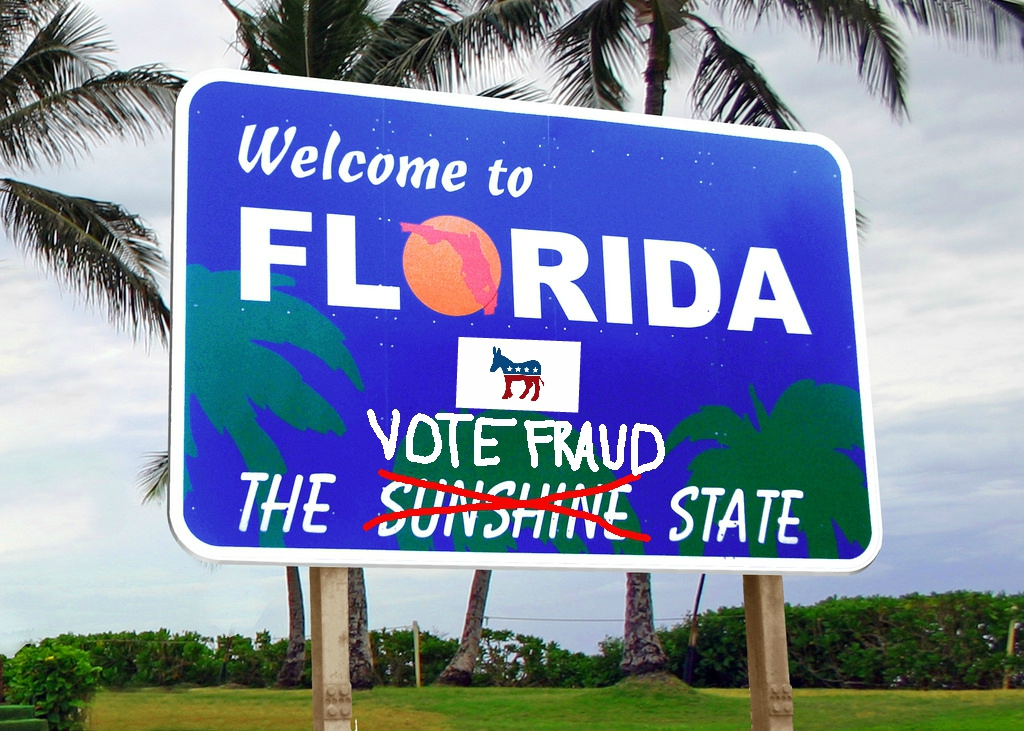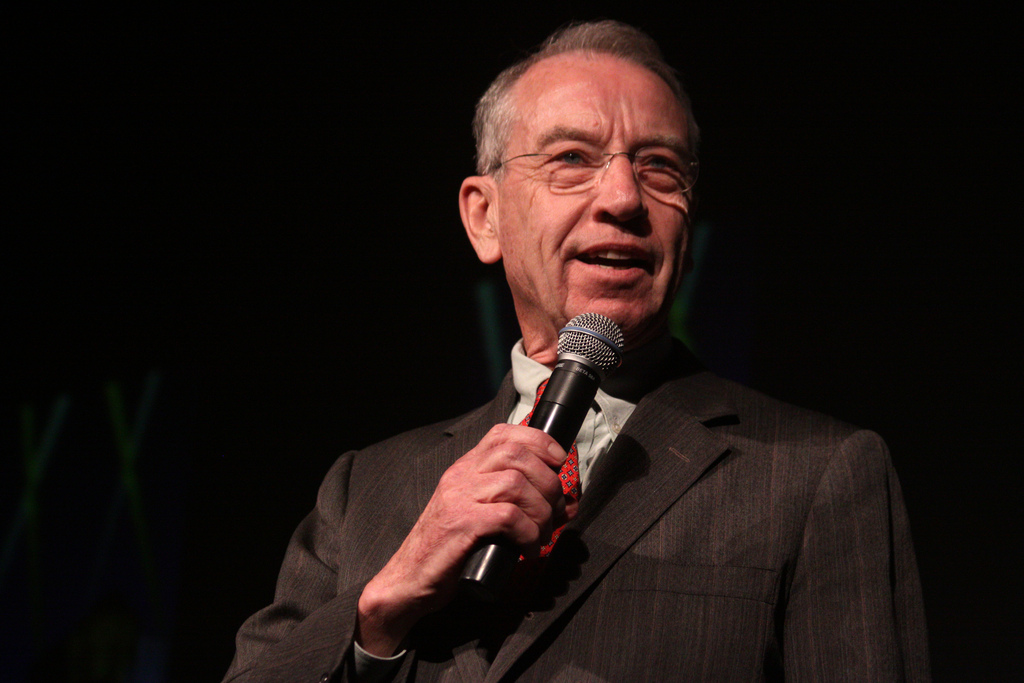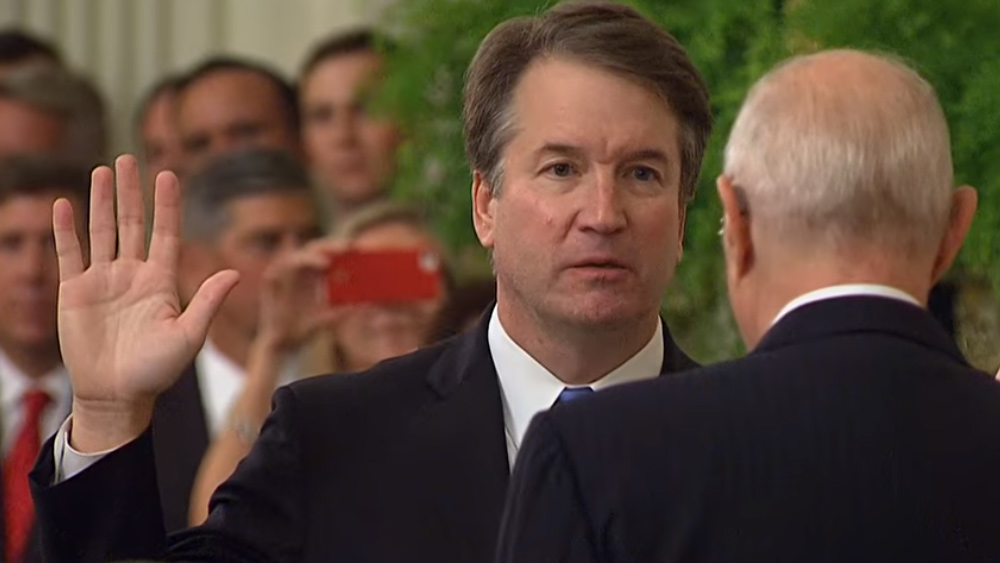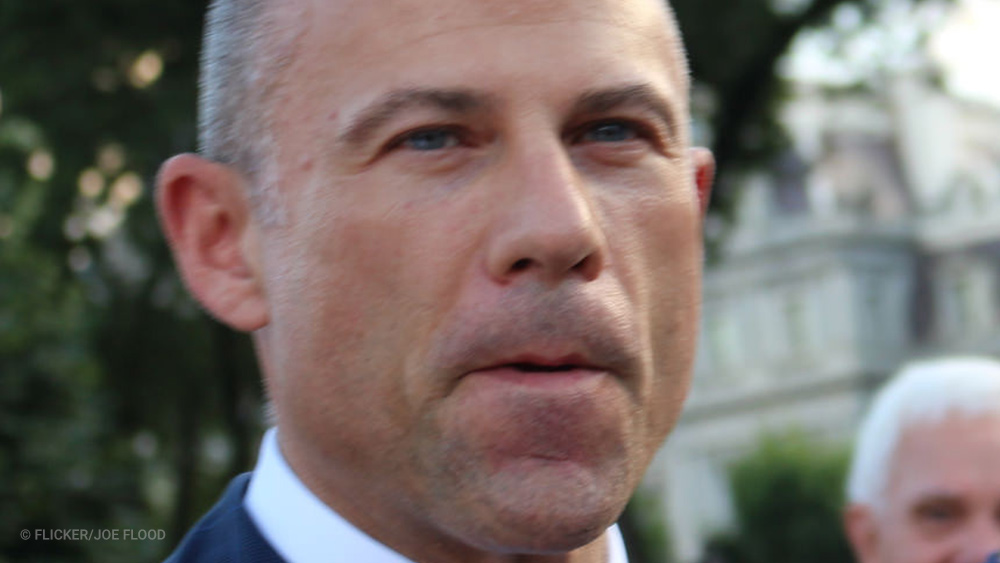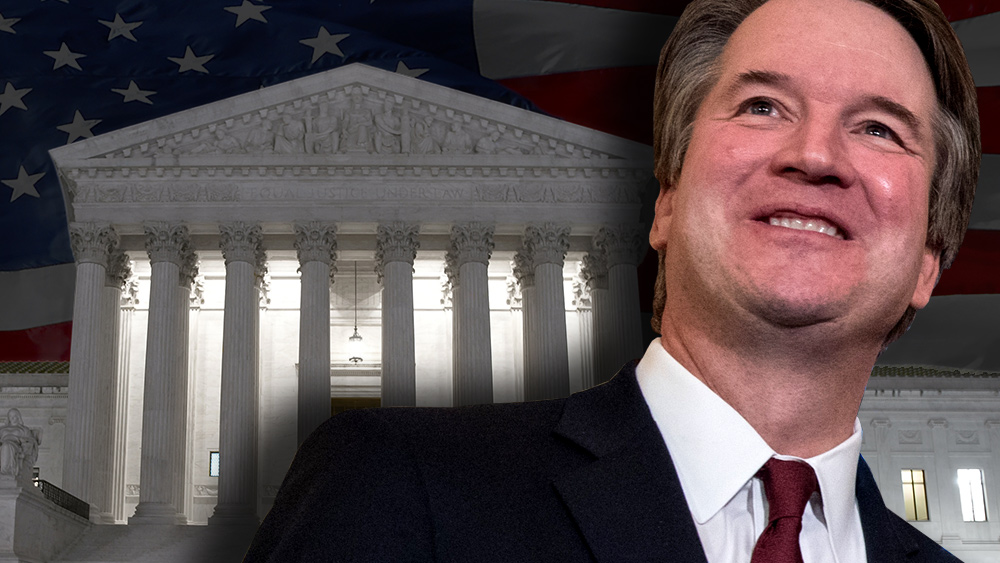Lawyer: It sure looks like James Comey went out of his way to PROTECT Hillary Clinton and obstruct justice
11/11/2017 / By JD Heyes

Gregg Jarrett, an attorney and a legal analyst for Fox News, says that based on reporting this week, it certainly seems clear now that former FBI Director James Comey, whom Trump fired earlier this year, did all he could to ensure that justice was not served on the 2016 Democratic nominee for president: Hillary Clinton.
In a column for the news network, Jarrett cited federal statutes governing the handling of classified information — (18 USC 793-f) of The Espionage Act — which makes it a crime to mishandle sensitive information “through gross negligence.”
That definition is important, he notes, because it is actionable — prosecutable — under the law.
But based on reports earlier this week, Comey initially claimed in a memo that was used as the basis of his public statement to the media in July 2016 that Clinton had committed “gross negligence” in her handling of sensitive email via her private server.
That language was eventually changed, however, by Comey and others within the FBI, by the time Comey addressed the press. Then, he claimed only that the Democratic presidential contender was merely “extremely careless,” a phrase which does not appear in the statute and, thus, is not legally actionable.
“With 110 emails on Clinton’s private server that were classified at the time they were sent or received, the Democratic nominee for president could have been prosecuted on 110 separate felony counts. Yet Comey scuttled the case,” Jarrett wrote.
The change in phraseology appears to indicate that Comey, a seasoned federal prosecutor and Justice Department official, knew that Clinton had violated national security statutes but decided to conjure up a way to exonerate her anyway through alteration of terminology.
But he really didn’t do a good job, Jarrett argues, since both phrases are very similar under the law:
Many standard jury instructions, such as those in California and elsewhere, say the two terms mean the same thing. That is, gross negligence is an extreme departure from ordinary care. In other words, extremely careless behavior.
Either Comey is not well-versed in the law or he sought to draw a fine distinction where none exists. Nevertheless, he employed it as an excuse to protect Clinton from prosecution in a case that should have rendered 110 criminal charges against her.
The Fox News legal analyst says now that this information has come out, the former FBI director should once again be called to testify under oath before appropriate House and Senate committees to explain his change in wording so he could clear Clinton in the face of compelling, slam-dunk evidence she broke the law on numerous occasions.
Was Comey’s decision to absolve Clinton done for political purposes? Was he, like nearly all of Washington and the press corps, convinced by their own denials that there was no way Trump could beat her last November?
What’s more, Jarrett asks, what compelled Comey to take it upon himself to absolve Clinton when the FBI’s role in criminal investigations is to merely make recommendations, based on available evidence, to the Justice Department — which then decides whether or not to prosecute?(Related: Why is Paul Manafort in handcuffs but Hillary Clinton isn’t?)
That’s not all, Jarrett points out. Comey also “blatantly misinterpreted another criminal statute, also under the Espionage Act, which Clinton appeared to have violated.” He wrote:
Under 18 USC 978, it is a crime to “knowingly and willfully” mishandle classified information. Yet, in his infamous news conference on July 5, 2016, Comey declared that Clinton never “intended to violate laws governing the handling of classified information.”
That doesn’t matter, Jarrett says, because that’s not the legal standard. “The standard is whether Clinton committed intentional acts that violated the law. Clearly, she intended to set up a private server, and she intended to use it exclusively for all her communications as secretary of state, which would necessarily include classified documents,” he wrote.
Clinton has admitted to deliberately setting up her own personal server.
It’s becoming clearer and clearer that the swamp was working overtime to protect who they believed would be their next boss.
J.D. Heyes is editor of The National Sentinel and a senior writer for Natural News and News Target.
Sources include:
Tagged Under: Espionage Act, FBI, Hillary Clinton, James Comey, Justice Department, Obama Administration, obstruction of justice

